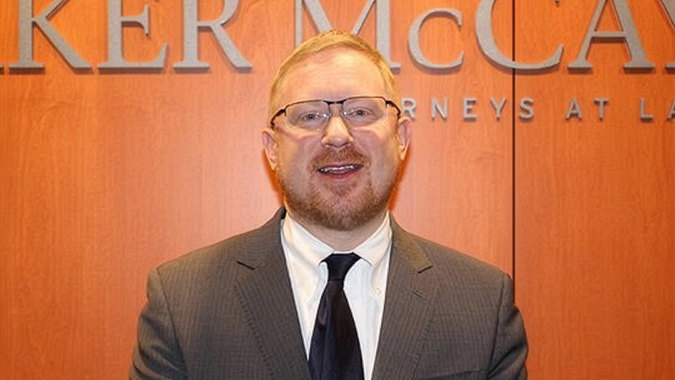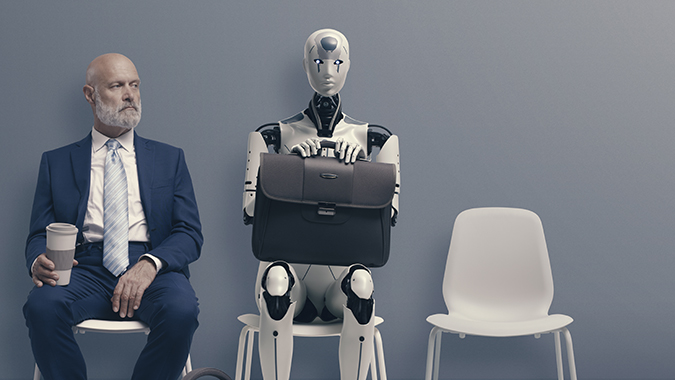In a closely watched legal case, the New Jersey Supreme Court ruled that a drywall company misclassified a group of employees as independent contractors and, therefore, owes the state over $42,000 in unpaid unemployment and temporary disability contributions for those workers.
The state’s highest court ruled on Tuesday in East Bay Drywall, LLC v. Department of Labor & Workforce Development that the workers, who had been hired on a per-job basis, used their own tools, and had a certificate of insurance for their own state-registered businesses, were employees of the drywall business, not independent contractors as claimed.
“A business practice that requires workers to assume the appearance of an independent business entity – a company in name only – could give rise to an inference that such a practice was intended to obscure the employer’s responsibility to remit its fund contributions as mandated by the state’s employee protection statutes,” Judge Jose Fuentes wrote in the opinion.
“That type of subterfuge is particularly damaging in the construction context, where workers may be less likely to be familiar with the public policy protections afforded by the ABC test and consequently particularly vulnerable to the manipulation of the laws intended to protect all employees,” he said.
Under the so-called ABC test, three criteria must be considered when employers make decisions about whether individuals are independent contractors: is the individual under the direction and control of the employer; is the work performed outside of the employer’s usual place of business; and is the individual engaged in an independently established trade, occupation, profession or business.
An appellate court previously found that 11 of the 16 workers involved in this case were independent contractors because they had certificates of insurance for registered business entities, but the Supreme Court disagreed, saying there was insufficient evidence showing these business entities operated independently from the drywall company that hired them.
“For most entities, insurance certificates were provided showing coverage for only one year of the audit period," the Supreme Court said. “Further, all but one of the business registrations reveal a sole individual in the ownership structure of each entity, and nearly all the registrations were revoked prior to the audit due to a failure to file the required reports for at least two consecutive years.”
In reversing the lower court decision, the Supreme Court also noted a lack of evidence to show that the entities in question maintained independent business locations, advertised, or had employees.
New Jersey Labor Commissioner Robert Angelo-Asaro called the Supreme Court’s decision a “significant victory” for the state’s enforcement efforts.
“It should now be abundantly clear that simply because an employer or business issues a 1099, asks the worker to form an LLC, instructs the employer to obtain insurance, or makes any other business arrangement on paper, the facts of the employment relationship and application of New Jersey's laws to those facts dictate whether a worker is considered an employee or an independent contractor,” he said.




